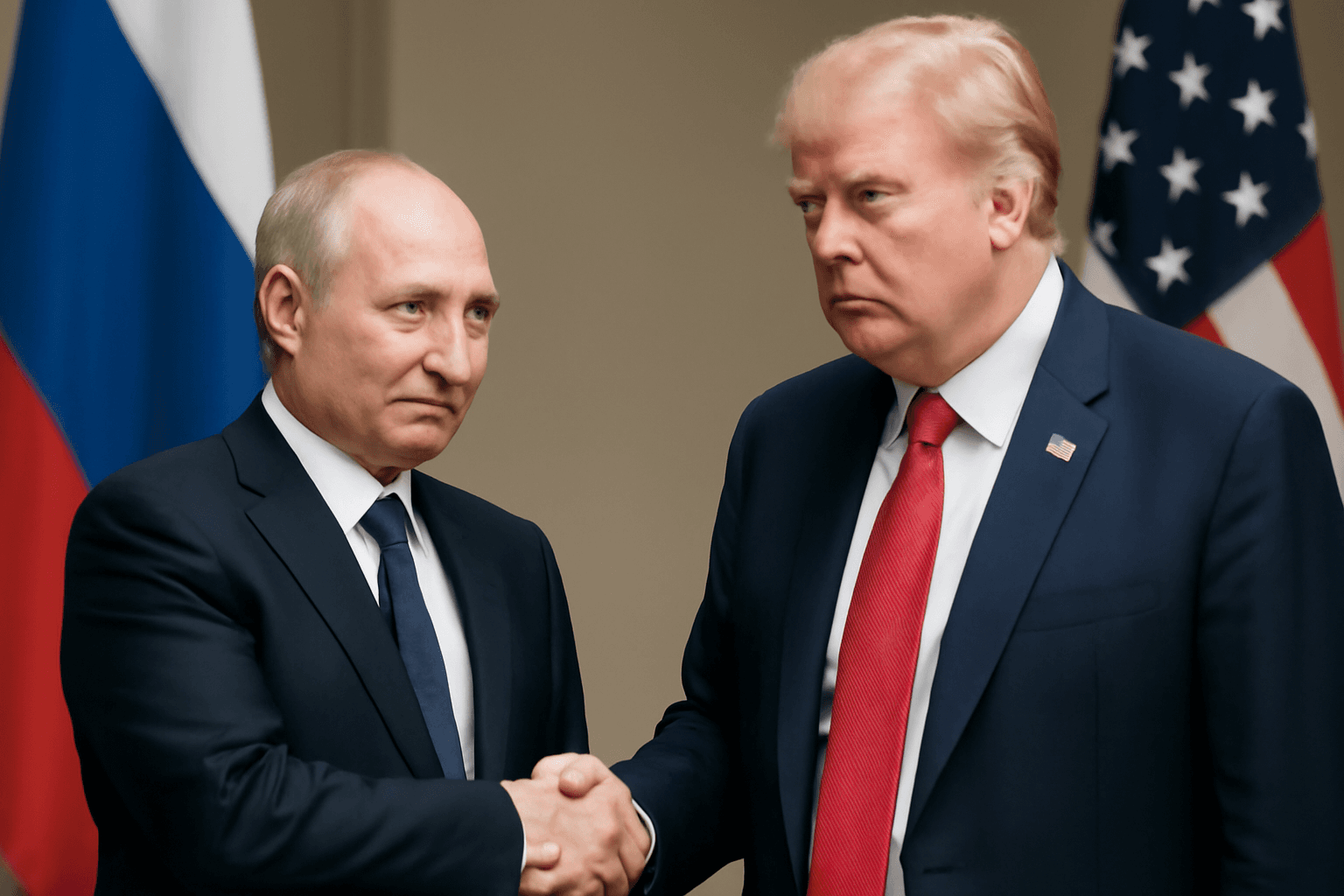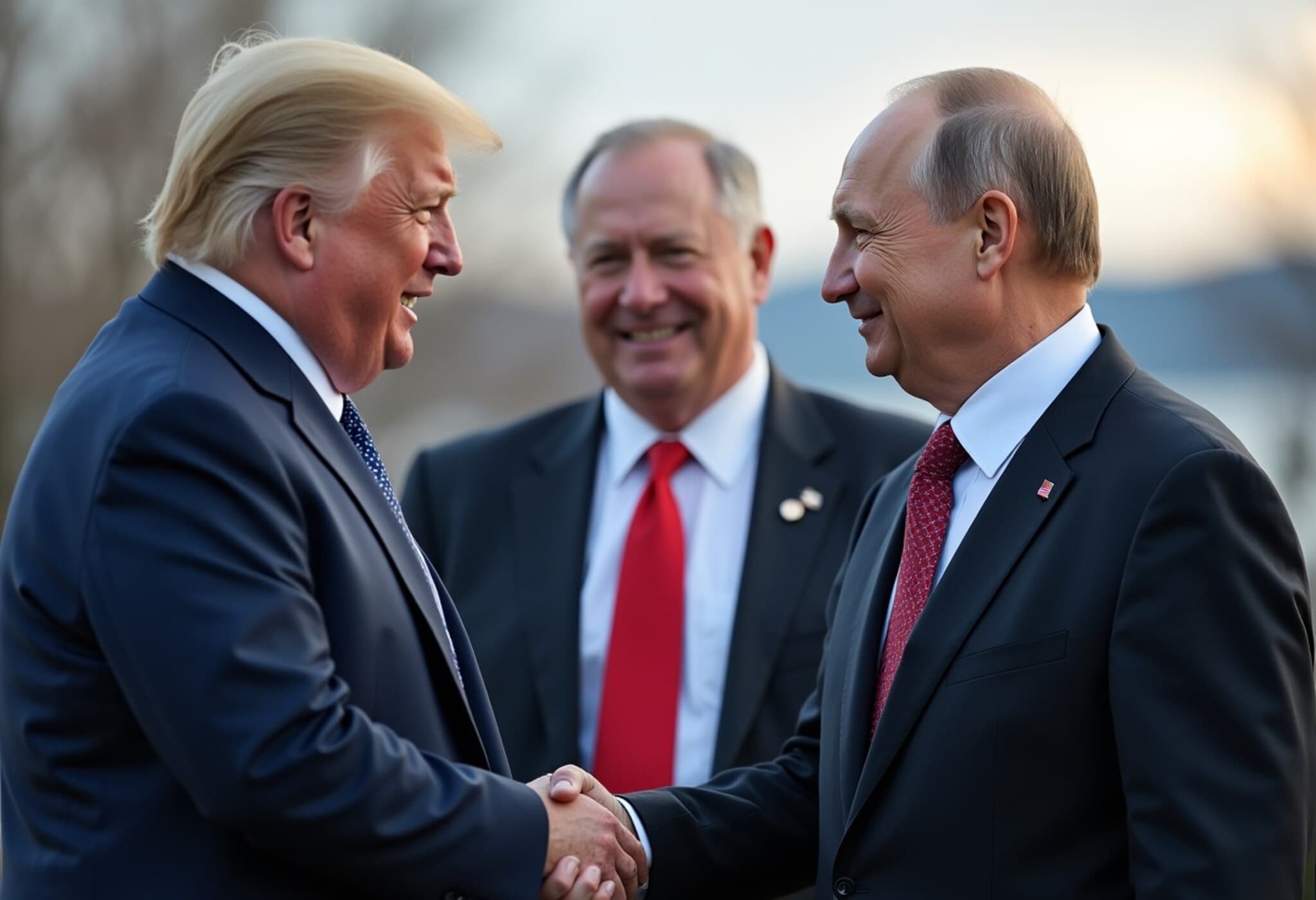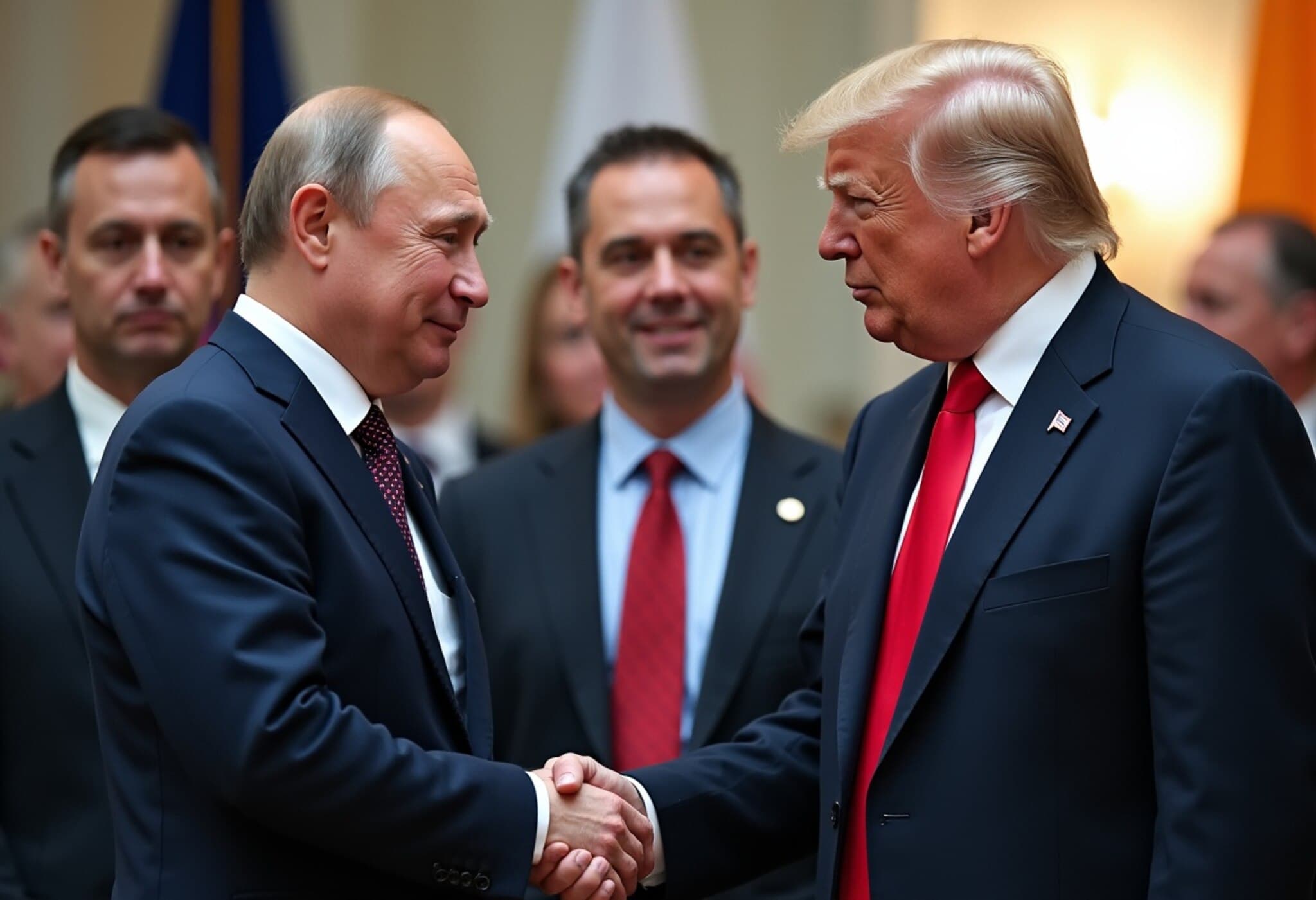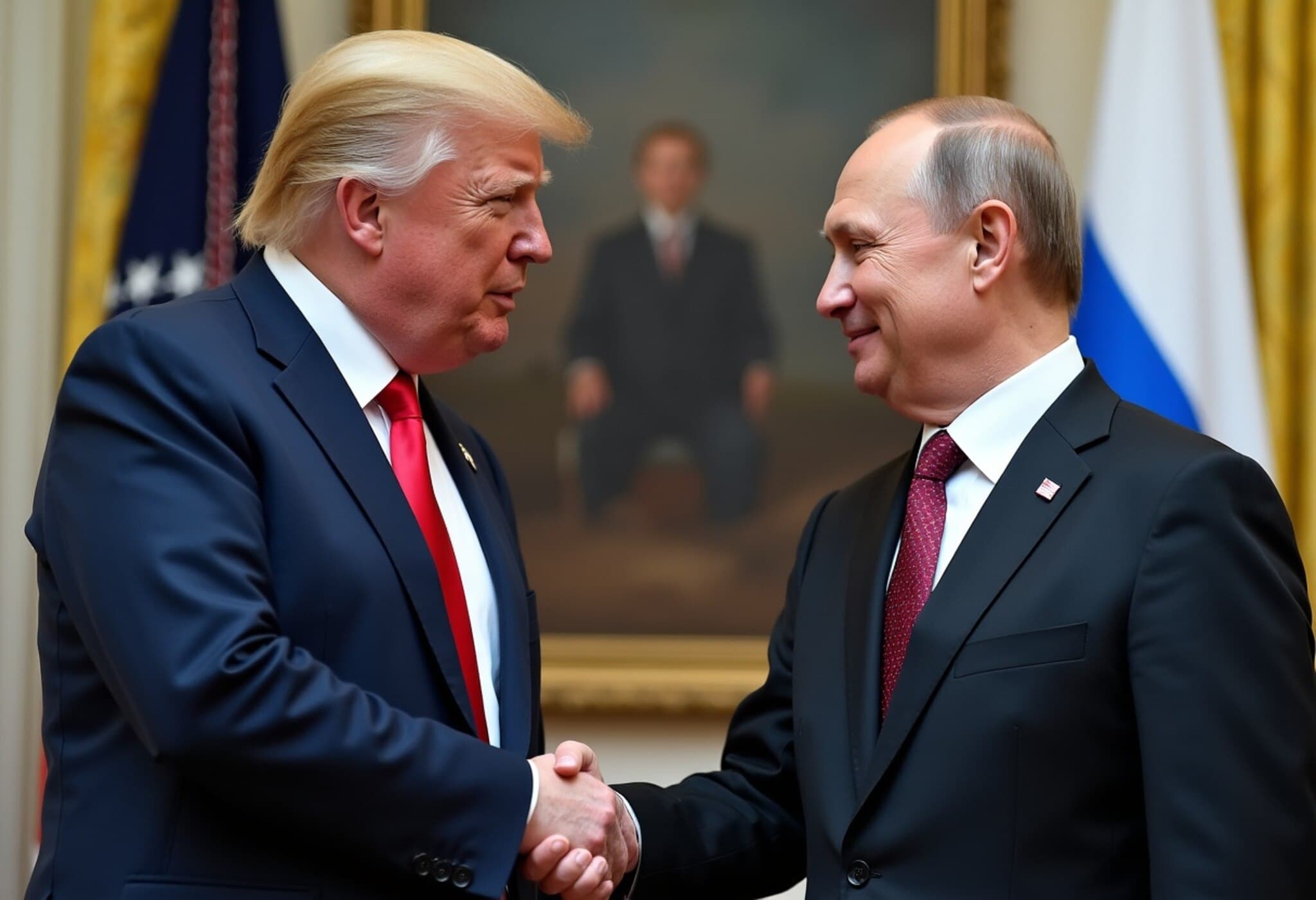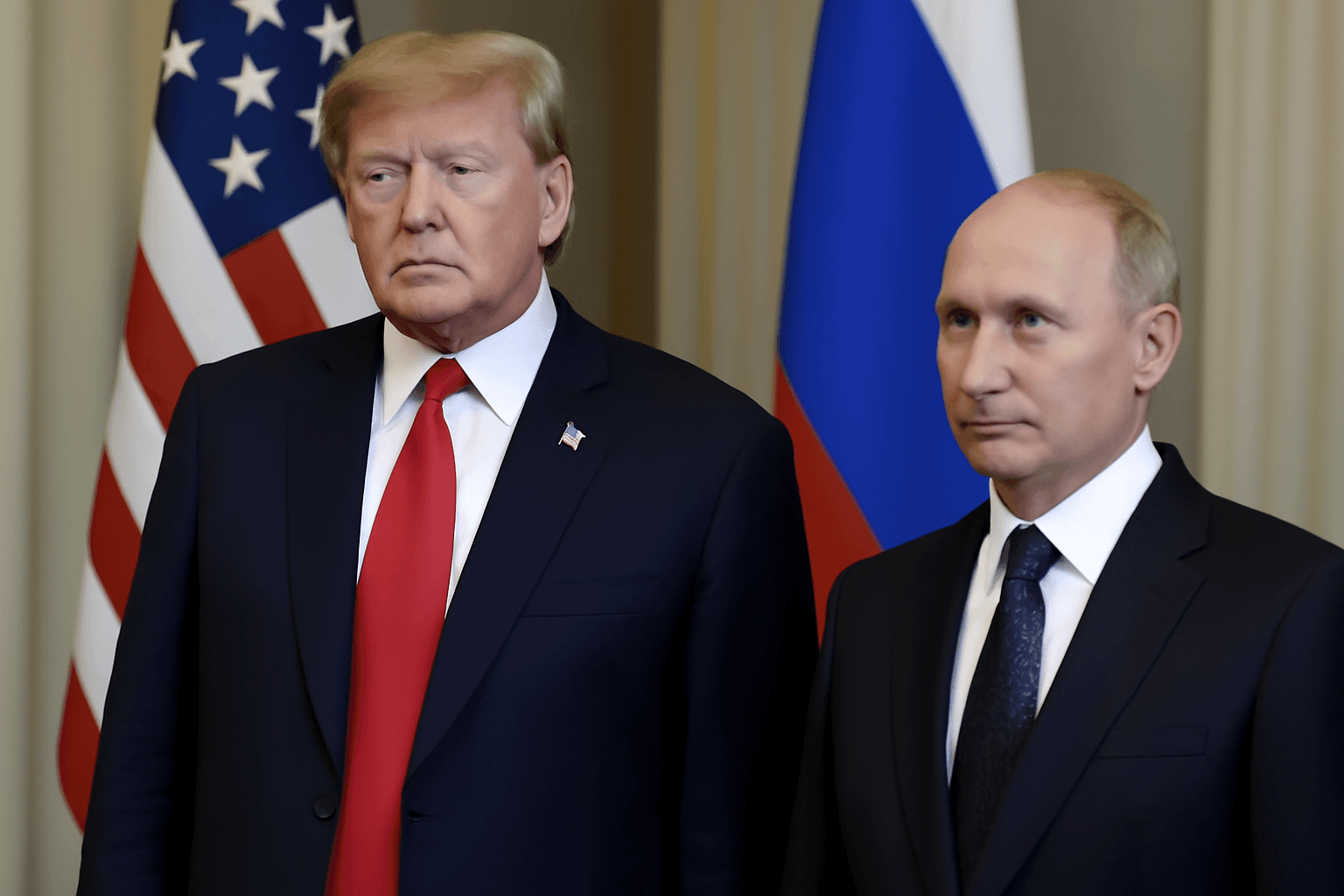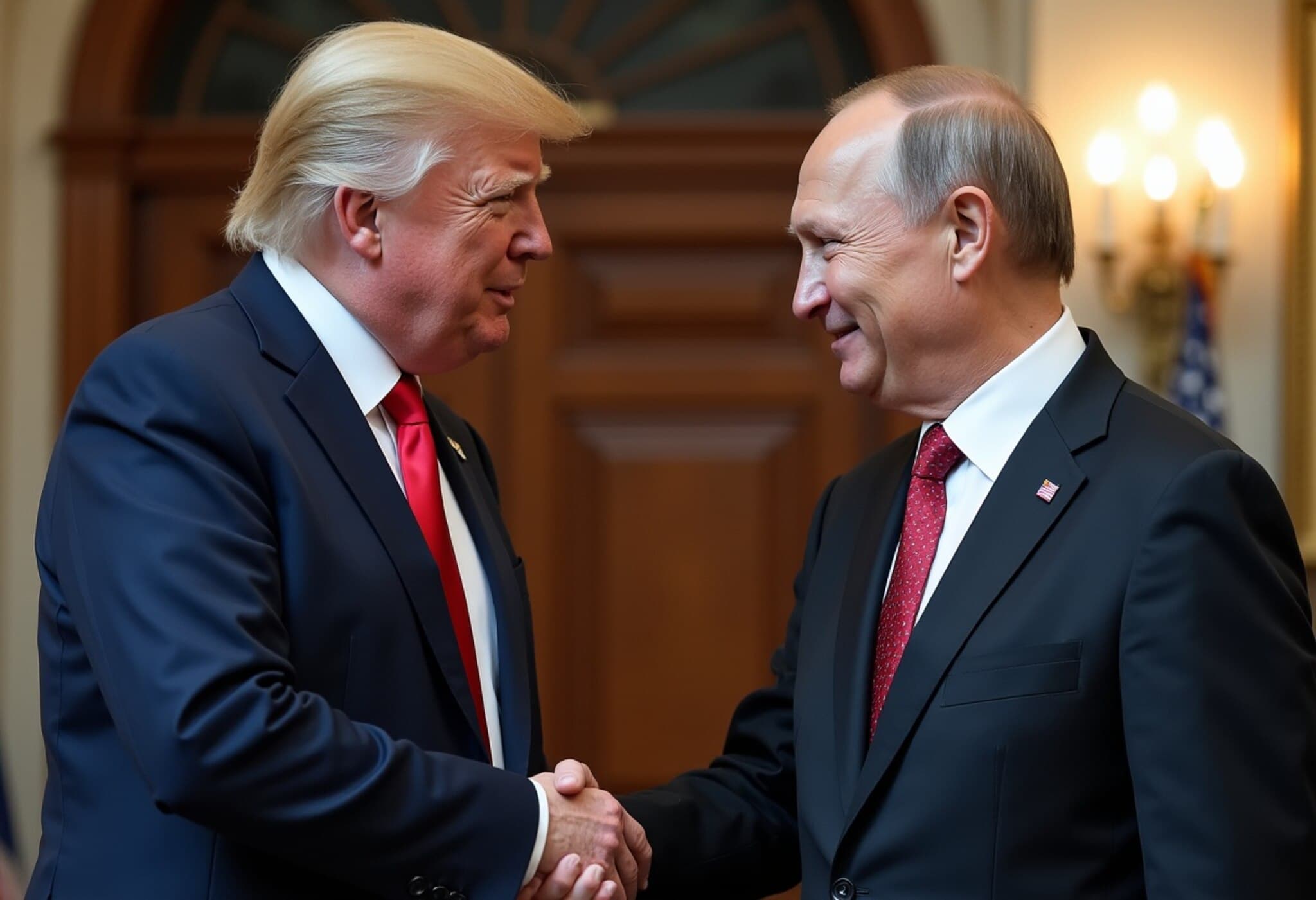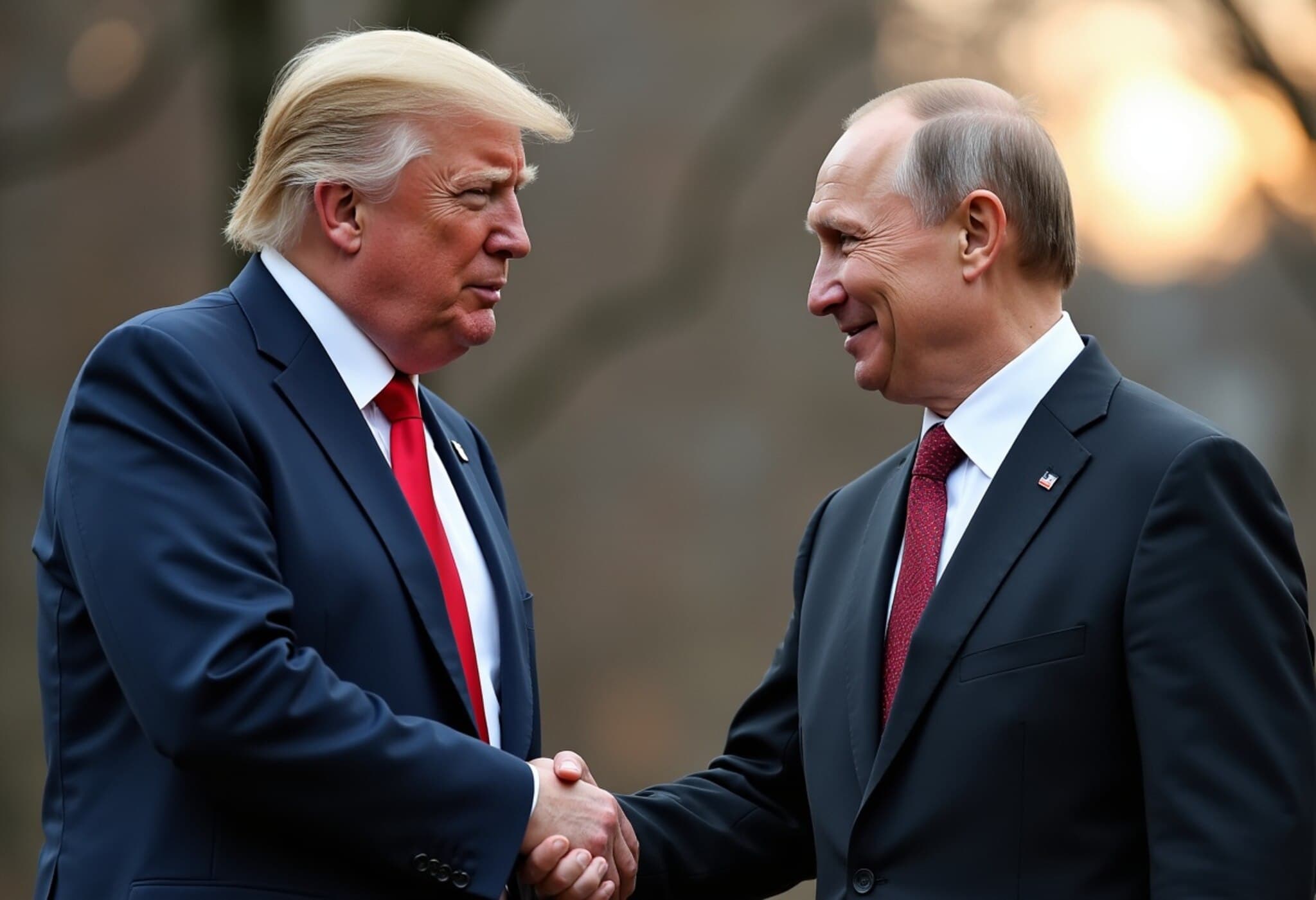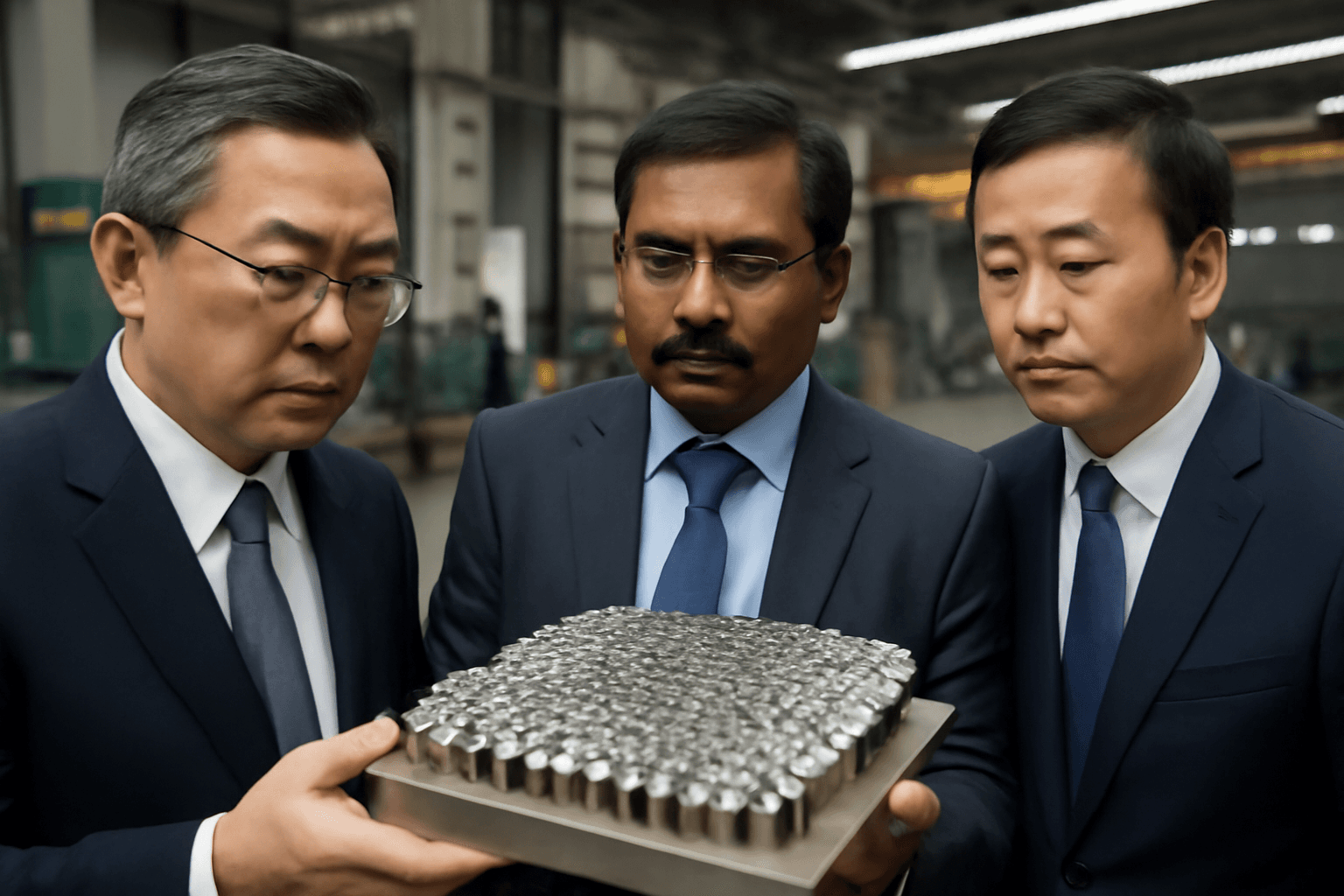Putin Commends US for ‘Sincere’ Efforts to End Ukraine War
As the world watches closely, Russian President Vladimir Putin expressed unexpected praise for what he described as the United States’ sincere and energetic efforts to halt hostilities in Ukraine. Speaking at a Kremlin meeting with his top military and civilian officials, Putin framed ongoing negotiations with the US as pivotal to finding a lasting resolution to the war that has devastated Ukraine since early 2022.
His remarks come on the eve of a highly anticipated summit with US President Donald Trump in Anchorage, Alaska, the first major Russia-US meeting in over four years. The meeting holds potential to influence the trajectory of the largest conflict in Europe since World War II, amid intense diplomatic maneuvering.
Negotiating a Complex Peace: The Stakes in Anchorage
Putin’s public acknowledgment of nuclear arms control discussions alongside the Ukraine conflict signals a widening agenda for the summit. While the war remains the primary focus, both leaders appear ready to explore broader security arrangements that could reshape military power balances.
However, experts warn of Russia’s dual strategy: diverting attention with proposals on arms control or economic cooperation while aiming to weaken sanctions and solidify territorial gains. An anonymous senior Eastern European official cautioned, “Putin’s overarching goal remains lifting sanctions and controlling Ukraine’s fate in Moscow’s favor. The US and its partners must remain vigilant against Russian tactics to stall or undercut genuine diplomacy.”
Diplomatic Balancing Act: Ukraine’s Allies and Security Guarantees
Ukraine and its Western allies seek more than ceasefire talks—they demand concrete security guarantees to prevent future aggression. President Volodymyr Zelenskyy’s recent discussions with UK Prime Minister Keir Starmer highlighted hopes that the US might back such guarantees, marking a potential shift toward stronger international protection for Kyiv.
Yet, French President Emmanuel Macron underscored a notable caveat from Trump’s side: NATO is excluded from the proposed security guarantees. This distinction matters deeply, since Russia views NATO expansion as a core threat—exclusion from any deal satisfies Moscow but complicates transatlantic unity.
A senior European diplomat described Trump’s implicit offer of guarantees as a “big step forward,” but emphasized that details remain unclear. What form these guarantees could take—military aid, diplomatic assurances, or economic support—is still speculative.
Economic Prospects and the Shadow of Territorial Deals
Adding another dimension, Kremlin aides note that the summit will explore untapped potential for Russia-US economic ties. This prospect seeks to leverage commercial cooperation as a pathway to peace, though skepticism runs high about its feasibility amid current geopolitical tensions.
Meanwhile, Ukraine faces mounting military pressure. Recent advances by Russian forces toward Dobropillia expose Ukraine’s growing manpower challenges and underline the urgent need for international support.
President Trump’s mention of a potential “land swap,” which could entail Russia solidifying control of roughly 20% of Ukrainian territory, has alarmed Kyiv and its European allies. Critics argue such concessions would reward years of Russian territorial aggression and potentially embolden further incursions westward.
What Lies Ahead?
The upcoming summit encapsulates a complex intersection of divergent interests, high-stake diplomacy, and unresolved conflict fears. While Putin’s surprise praise for US efforts may signal a window for dialogue, the underlying strategic aims remain murky.
For the US and its partners, the critical challenge will be ensuring that any agreements do not compromise Ukraine’s sovereignty or embolden further aggression under the guise of peace. The world watches nervously as Alaska becomes the stage for decisions with profound consequences for international security.
Editor’s Note:
The Putin-Trump summit represents a rare and momentous opportunity to reshape the landscape of European security. Yet, beneath the diplomatic formalities, pressing questions remain:
- Can genuine peace be brokered without sacrificing Ukraine’s territorial integrity?
- How might nuclear arms control discussions intersect with the pursuit of peace in Ukraine?
- What guarantees can realistically deter future aggression in a fractured security environment?
As negotiations unfold, the international community must remain vigilant, informed, and proactive to prevent a fragile ceasefire from becoming a stepping stone to prolonged instability.
Our analysis integrates diplomatic sources, conflict dynamics, and expert perspectives to illuminate this pivotal moment in global affairs.

